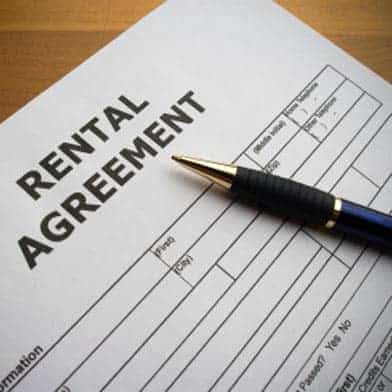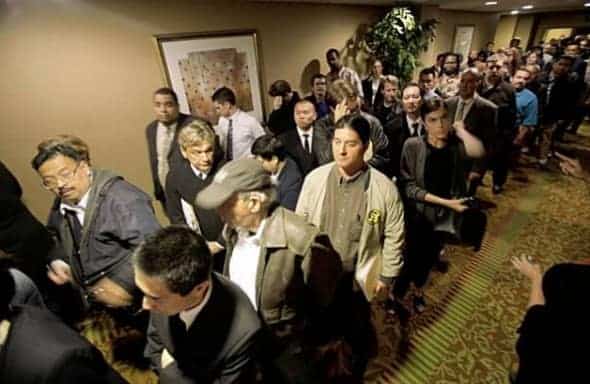
Do I Risk Losing My Apartment If I Take An Out Of Town Temporary Job?
Do I Risk Losing My Apartment If I Take An Out Of Town Temporary Job?
Out of town job,
I live in a Rent Controlled building near downtown. I have lived there more than 5 years but less than 10.
Years after I moved in my partner and I filed for a Domestic Partnership. We moved him in without much trouble, though the landlord instructed that he was an approved occupant only, and rent was to be paid by me only. Which was fine.
I got a job in LA and will be working and living down there for a while. My partner will continue to work and live in San Francisco in “my apartment”. Since this contract job in LA is likely to last only from between 3-24 months, I don’t want to give my apartment up. I likely will return to San Francisco every month for a weekend, and my partner will of course be here full time.
I will continue to pay the rent from my bank account. If the contract lasts more than 6 months, I probably will get small apartment in LA so I don’t have to live out of hotels.
My question is, at what point can my landlord consider me to be “no longer living” in the apartment? Is there a threshold such as 6 months or a year? I remember reading somewhere that rent control ceases to apply if you vacate the apartment for a certain period of time. Would returning for a few weeks at a time reset any clock that applies to these potential rules?
My relationship with my landlord is neutral, as we have never had much reason to interact over the years. I pay my rent on time, he fixes the sink when it leaks etc. But I have no allusions that he is my friend or has any loyalty to me. With rising rents across the city, I don’t want to give him any opening to turn from a fair landlord to a greedy one. My preference would be to not go out of my way to inform him of my new job, because again, if I am not breaking the lease or rent law, the less he knows about my personal life the better. I am willing to forgo this new job if it will cause me to be in violation of my lease, but of course my preference would be to find a solution.
Rent Board Rules & Regulations §1.21 foresees this issue. Rules & Regulations §1.21 defines tenant in occupancy: “Occupancy does not require that the individual be physically present in the unit or units at all times or continuously, but the unit or units must be the tenant’s usual place of return.”
Petitions in which landlords allege that a master tenant no longer resides in a unit as her principal place of residence are decided on a case-by-case basis, considering the applicable facts. There are no legal thresholds defining an exact period of time after which a tenant is no longer considered to occupy a unit—no set rules or laws that require a hearing officer to automatically rule in favor of the landlord. Clearly, though, if a tenant hasn’t lived in her apartment for many years, the hearing officer will take a long hard at the tenant’s explanation.
Think of it this way: If you were an active member of the military and you were deployed overseas, would you have to worry about losing your home while you’re gone? Of course not. Certainly, military deployment is not voluntary and there are federal laws that protect service men and women from eviction while on duty, but the issue is still analogous.
Given the facts as you relate them, you shouldn’t have any problem “moving” to Los Angeles to accept a contract that is temporary. You can probably argue that your job is necessary, financially and career advancement-wise.
You will also be protected because your partner still lives in the unit. Your partner is an approved subtenant based on Rules & Regulations §6.15D as well as the landlord’s overt consent. The landlord cannot evict your partner while you’re gone. And your partner is presumably taking care of the day-to-day issues and can alert you to come back in case the landlord files a petition at the Rent Board.
You don’t need to inform the landlord about your decision unless you feel there’s a benefit to that.
Feel free to accept the position, with the caveat that you may have to come back to the City to justify your decision. More information about Rules & Regulations §1.21 petitions can be found here.





 The Costa Hawkins Rent Housing Act, a bi-partisan law enacted in 1995 by the band of pandering griftocrats we call our state legislators, that eviscerated local rent control.
The Costa Hawkins Rent Housing Act, a bi-partisan law enacted in 1995 by the band of pandering griftocrats we call our state legislators, that eviscerated local rent control.


